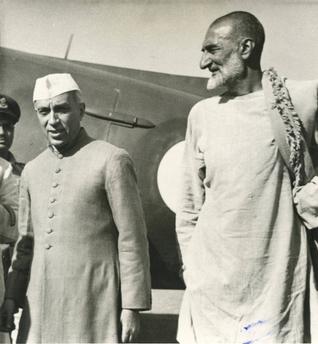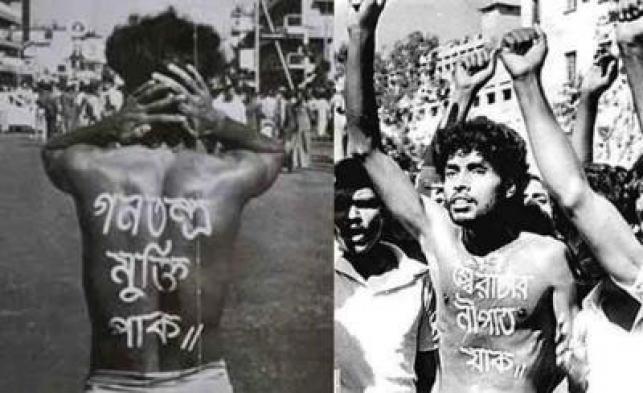This Independence Day let’s spare a thought for those Muslims who chose to migrate to Gandhi’s India
Taj Mohammad Khan was a young Pathan when India was carved out on communal lines in 1947. He was a Congress activist in Peshawar and was greatly influenced by Mahatama Gandhi and Frontier Gandhi (Khan Abdul Ghaffar Khan). He was a broken man when it became clear that the nation would be divided on communal lines. He was in extreme dilemma whether to stay back in Peshawar, the land of his forefathers, or move to a new place in a new country. And when communal riots broke out post Partition, he decided to leave the homeland for Muslims for secular India. He came to Delhi along with his family and couple of other friends. Today we know him as father of superstar Shah Rukh Khan.
The likes of Taj Mohammad Khan had rejected the two-nation theory with utter disdain. If not thousands, there were many Muslims who shifted to India from newly created Pakistan in 1947 when communal passions were running high.
Many years ago H.C. Shourie, who was the Rehabilitation Commissioner of refugees in Delhi, told this writer that several Muslims families from NWFP region of Pakistan came to India in 1947.They were not ready to live in Jinnah’s Pakistan. That was the region that was not much impacted due to communal violence that engulfed Punjab and Bengal. The local people were close to Gandhiji and Ghaffar Khan. That was the major reason for many Muslims to leave Pakistan and settle in secular India.
Many Hindus, Sikhs and even Muslims migrated to Afghanistan. A former Pakistani diplomat and historian, Nazar Abbas, said that there is a possibility that some Muslims had migrated to India then. “It is a fact that due to Ghaffar Khan, large number of people there were not supporting the idea of Pakistan. As he had a huge support base, I can believe that some of them had shifted to India,” noted Nazar Abbas.
Massive population exchanges occurred between the two newly-formed states in the months immediately following Partition. Once the lines were established, about 14.5 million people crossed the borders. Based on 1951 Census of displaced persons, 7,226,000 Muslims went to Pakistan from India while 7,249,000 Hindus and Sikhs moved to India from Pakistan immediately after Partition. However, the Census failed to identify those Muslims who migrated from Pakistan to India.
Returning to Taj Mohammad Khan and others like him, it goes without saying they would have taken that conscious decision after much thought. Among others, Mohammad Yunus, a close family friend of Nehru-Gandhi family, also came to Delhi with many Muslims. A close relative of Khan Abdul Ghaffar Khan, Mohammad Yunus never returned to his native place. For years together, he was heading Trade Fair Authority of India.
Delhi-based noted theatre activist Dr. Shamshul Islam’s family came from Rawalpindi to Delhi after violence broke out there. His father, grandfather and other close relatives were not ready to live in Pakistan. Islam, who teaches in the Capital’s Satyawati College, says that no member of his family has ever regretted their decision to live in Gandhi’s India.
Shah Rukh Khan has said several times that his father was a Congress activist and was totally opposed to the idea of Partition of the country on the basis of religion. He came to Delhi along with his family members. A lawyer, Taj died of cancer in 1981.
It is rather surprising that the reverse migration, albeit small, but very significant, hardly get any attention from historians. Unlike the general perception that only Hindus and Sikhs migrated to India in the wake of partition of the country in 1947, many Muslims families too decided to shift to India rather than staying in an Islamic country. It is not known whether Hindus or Sikhs too migrated to Pakistan then, but it is a fact that large number of Hindus remained there, especially in Sindh and East Bengal (now Bangladesh).
Source: TheHindu









